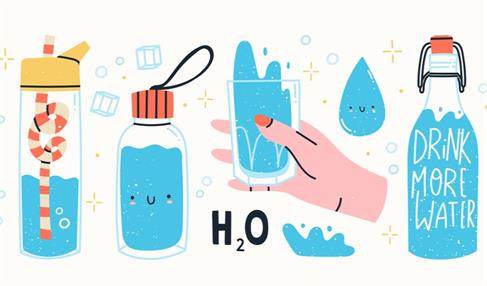
PUMPA - SMART LEARNING
எங்கள் ஆசிரியர்களுடன் 1-ஆன்-1 ஆலோசனை நேரத்தைப் பெறுங்கள். டாப்பர் ஆவதற்கு நாங்கள் பயிற்சி அளிப்போம்
Book Free DemoFat soluble vitamins
Vitamin A:
Vitamin A is a fat-soluble vitamin that is good for vision, skin, immune system, and cells' growth. Vitamin A is vital for effective eyesight and to keep skin healthy.
Carrots, green leafy vegetables, papaya, mangoes are great sources of vitamin A. Vitamin A is vital for effective eyesight and to keep skin healthy.
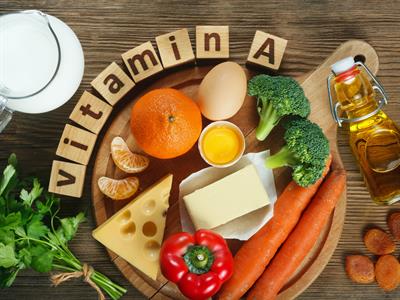
Vitamin D:
It is very important for healthy bones. And, it is very helpful in the absorption of calcium and phosphorous to maintain bones strong. Vitamin D is made endogenously in the skin using UV rays.
Sunlight is the major source of vitamin D. Apart from that mushrooms, yogurts are rich in vitamin D.
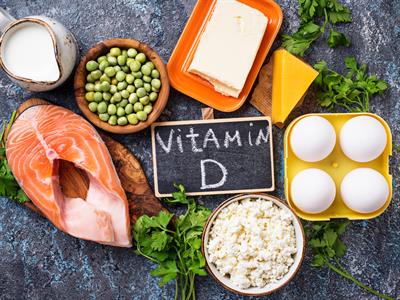
Vitamin E:
Vitamin E helps in reducing heart diseases, improving the immune system and also is good for the skin. Sunflower seeds, peanut butter, almonds are rich in vitamin E.
Spinach, mustard seeds, fish, cereals are rich in vitamin K and is very important to avoid blood clotting and is also helpful in metabolism.
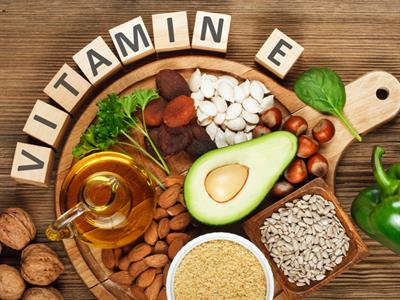
Vitamin K:
Vitamin K is a fat-soluble vitamin that plays a major role in the blood clotting, prevents excessive bleeding and is also helpful in metabolism. Green leafy vegetables like spinach, cabbage, tomato, mustard, cereals, eggs, and milk products are sources of vitamin K.
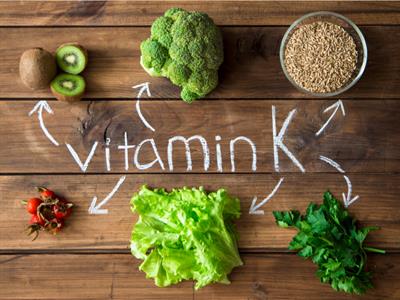
Minerals
Minerals are required for the body's growth, development and for the regulation of normal body function. They help to perform functions like - building strong bones, used to make hormones and enzymes. Some important minerals needed for growth and healthy life and also considered as a protective food.
Example:
Calcium, phosphorus, magnesium, sodium, potassium and chloride, iron, zinc, iodine, selenium and copper are available at seafood (phosphorous), bananas (potassium), green leafy vegetables (magnesium), salt (iodine, sodium) and dark chocolates (copper).
Some of the sources and functions of elements are shown in the table below:
Minerals | Function | Sources |
| Calcium | Strong bones and teeth, clotting of blood, healthy functioning of nerves | Dairy products like milk, yoghurt, cheese, paneer, and some green leafy vegetables, nuts and seeds |
| Phosphorous | Strong bones and teeth, to produce proteins that are involved in growth, maintenance and repair of cells and tissues | Meat, organ meats, nuts, beans, dairy products, whole grains |
| Iodine | Synthesis of thyroid hormone | Shrimp, tuna, eggs, prunes, seaweed, and cod |
| Iron | Formation of haemoglobin, blood production, and brain development | Liver, red meat, red kidney beans, nuts, and dried fruits like dried apricots |
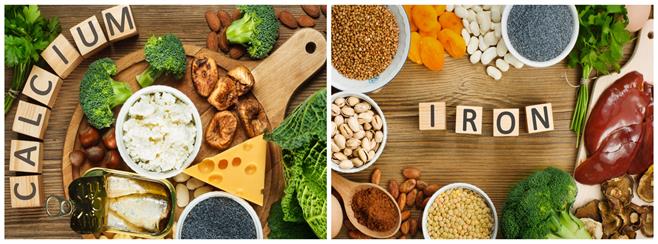
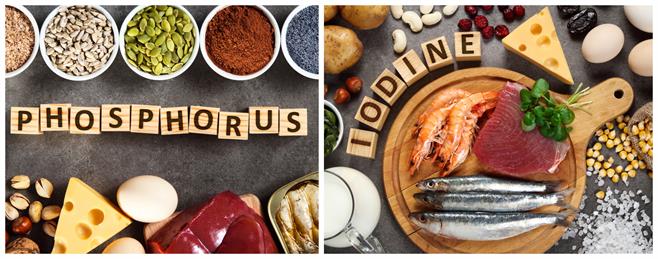
Dietary fibres
They are mainly indigestible complex polysaccharides (carbohydrates). These are also known as roughage that are mainly provided by the plant products in our foods. They are an essential component of our food as it helps our body to get rid of the undigested food.
Whole grains, and pulses, potatoes, fresh fruits and vegetables are some of the main sources of roughage.
Important!
Roughages do not provide any nutrient to our body.
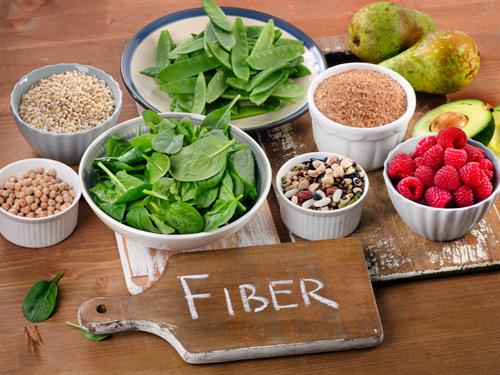
Water
